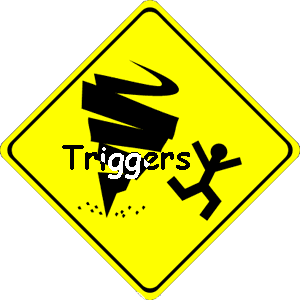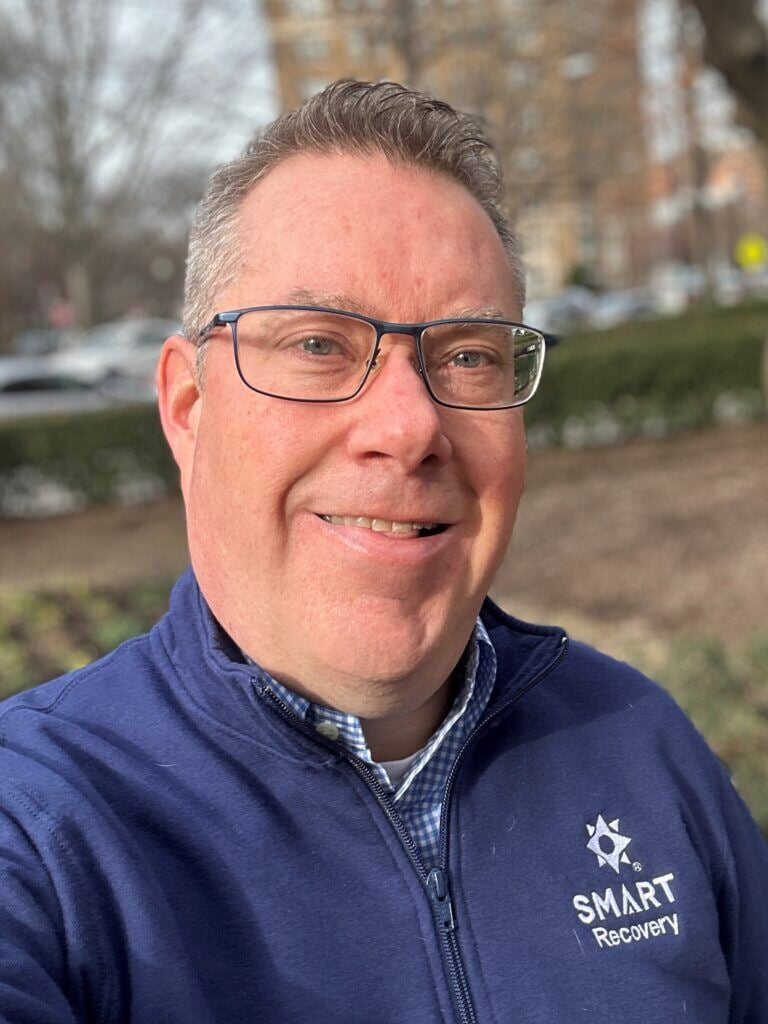How Drug Use Hijacks Our Response to Happiness
Julie Myers, Psy.D.

It’s not difficult to understand why someone, who is actively using drugs, may feel bored when he/she is not high. It is more difficult to understand why that person may continue to have difficulty enjoying activities once the drug is stopped. But this is not uncommon. People who quit using drugs often report that they are bored, uninspired, and have a hard time enjoying everyday living. Why does this happen? It has to do with the brain chemical (neurotransmitter) called dopamine.
We are programmed from birth to seek pleasure, and when dopamine is released into the brain, we experience it as pleasure. Pleasurable activities release dopamine into the brain, and our choice to engage in activities often has a direct relationship to the amount of dopamine released.
Drugs of abuse release rapid and large amounts of dopamine directly into the brain. In essence, they hijack the normal pleasure/reward pathway of the brain, directly stimulating it with readily available dopamine. Such a massive and easily obtained source of dopamine dwarfs our ability to obtain dopamine from smaller, but more sustainable sources, such as what we would get from reading a good book, taking a walk with friends, or reaching a goal at work.
When the memory of drugs is strong, it may be difficult to find pleasure in everyday activities. The memory of how drugs activate the reward center remains even after an individual stops using the drug. With time, and as one begins to engage in everyday activities, the memory of the drug as a ready source of dopamine fades, and simple activities take on more meaning and pleasure. The brain relearns ways to obtain pleasure from smaller, more sustainable sources of dopamine.
Does this mean that someone must simply wait for the brain to reprogram itself? No! You can change your brain! As with any learning, the more you practice, the faster the skill is learned. You may have to push yourself, engaging in pleasurable everyday activities. You won’t feel a huge surge of dopamine like you used to with drugs, but you will obtain some pleasure and you will be retraining your brain. So try to remember some of the activities you used to do before you started using drugs, imagine yourself doing these things, and do them now. Start getting engaged with life and find meaningful and enduring satisfactions that will reward your brain. It’s up to you!
Reprinted with permission from SMART Recovery San Diego
Copyright ( 2012) Julie Myers, PysD: Psychologist in San Diego. All Rights Reserved.




